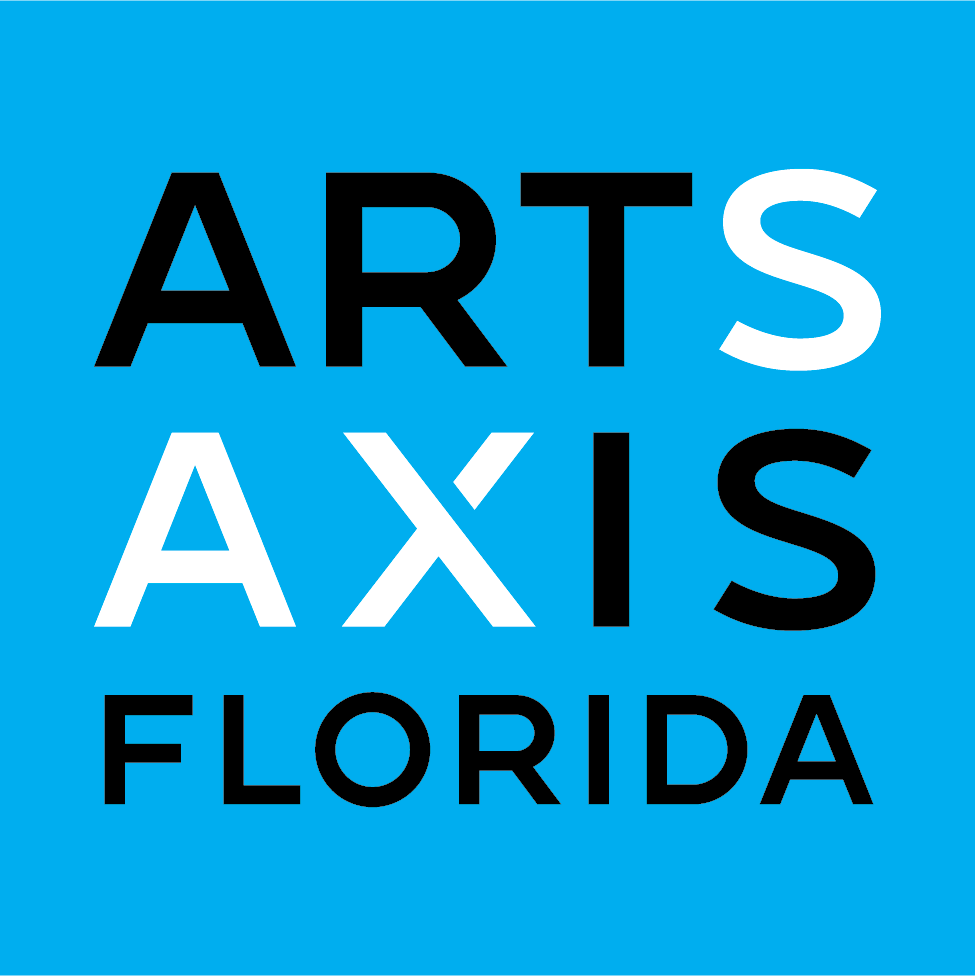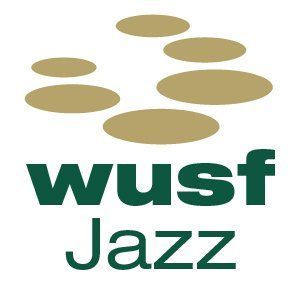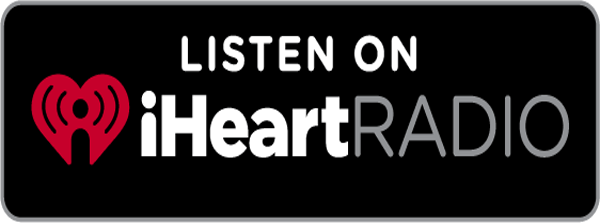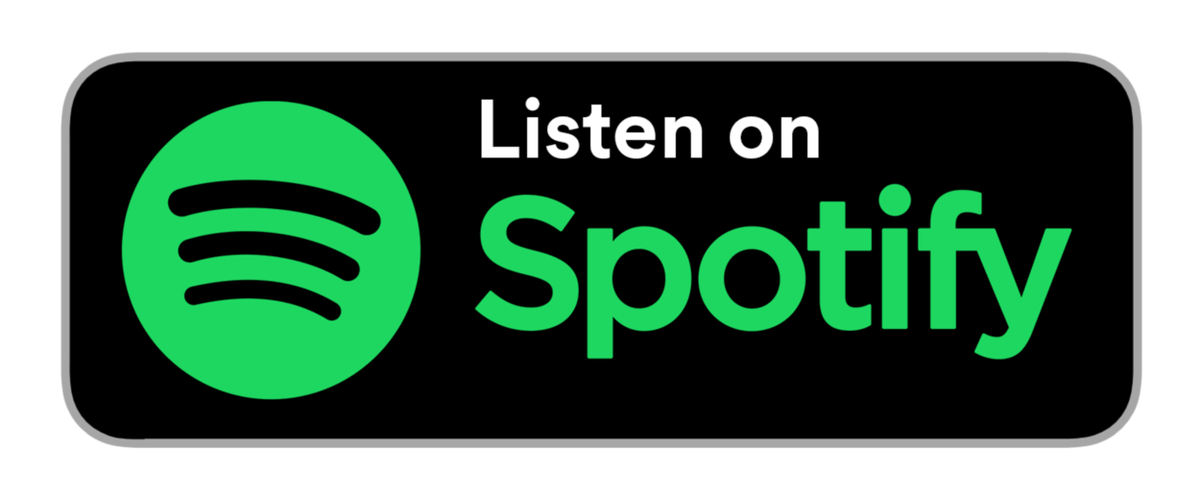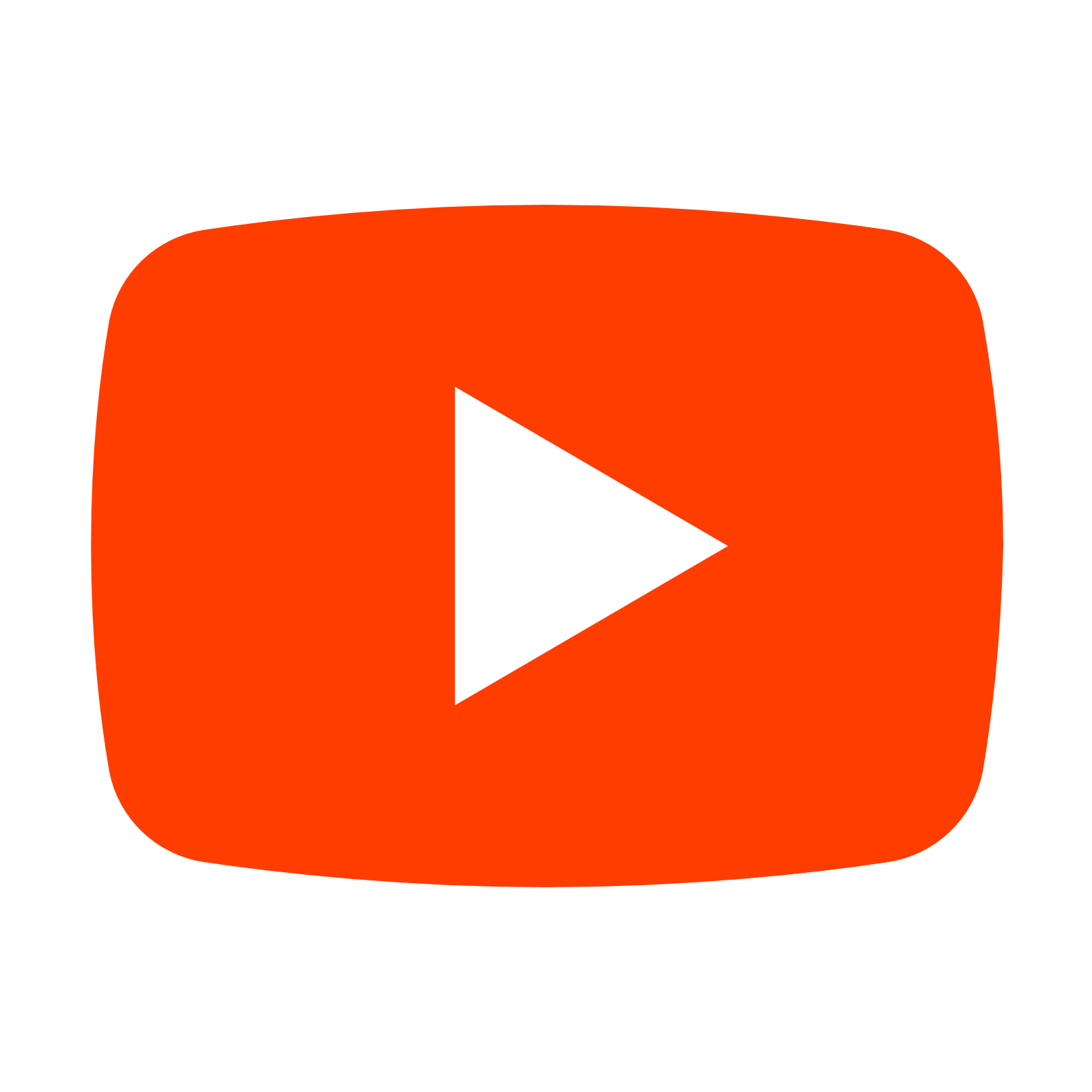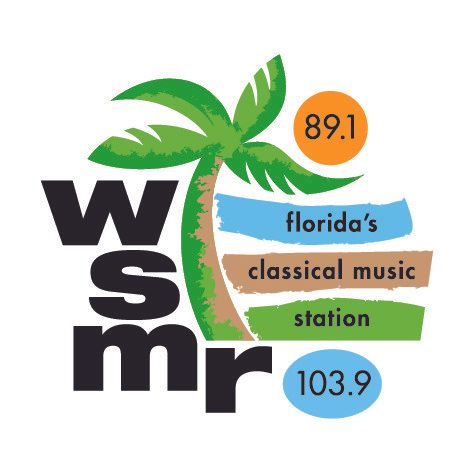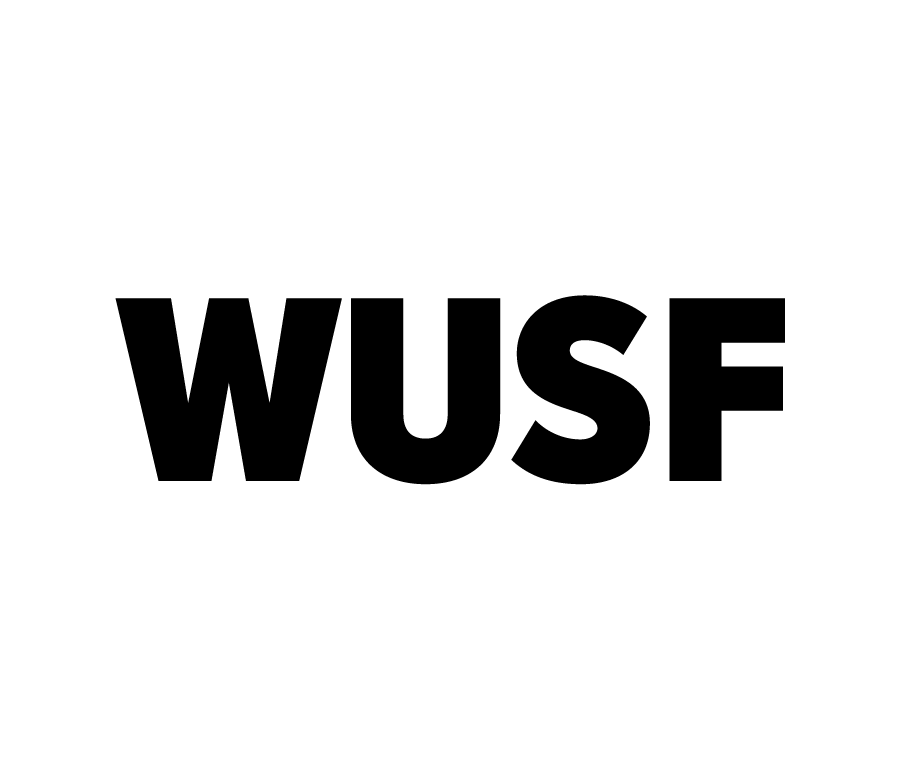Music and Collaboration with Dallas Clark
[00:00:00] Malaika Hollist: Welcome to the Arts Axis Florida Podcast. I'm your host, Malaika Hollist . This podcast supports the art, nonprofits and artists around us. We strive to amplify different voices in our community by creating a space for conversation, education and connection.
[00:00:32] Malaika Hollist: Support for Arts Axis Florida comes from Community Foundation Tampa Bay, champions of philanthropy. Learn more at cftampabay.org.
[00:00:45] Malaika Hollist: Today we have Dallas Clark on the podcast, a junior music technology major at the University of Tampa. Dallas has always had a passion for music and has followed that passion to college. He even started his own music collective, Stratus Sound. We [00:01:00] hope you enjoy this chat on his journey. Hi Dallas, thank you so much for being on the podcast today.
[00:01:06] Malaika Hollist: Would you please introduce yourself to our audience.
[00:01:09] Dallas Clark: Yeah, so, uh, I'm Dallas Clark. I'm a music technology major at the University of Tampa. Um, yeah, currently a junior. Been going for here for three years. Been enjoying it. Love Tampa.
[00:01:23] Malaika Hollist: So when we spoke earlier, you said you were originally from Naples. Growing up, were you always involved in music?
[00:01:30] Dallas Clark: Yeah. Uh, so growing up in Naples in our house, um, I, I grew up with a beautiful Baldwin piano, always in the living room, and, uh, no one in the house could actually play it. So once I hit second grade, I asked my mom if I could start taking piano lessons and middle school started doing bands. So I picked up clarinet and then saxophone the next year.
[00:01:49] Dallas Clark: And then when I got to high school, started, uh, doing marching band and all that. So yeah, I've definitely, uh, been in music, all of. Pretty much my whole life since second grade.
[00:01:58] Malaika Hollist: Okay. So I'm pretty [00:02:00] impressed that you decided to start playing piano in second grade because it just reminded me I had a piano growing up and also a lot of us didn't know how to play it very well in my house.
[00:02:10] Malaika Hollist: But I gave up on my, um, my lessons pretty easily, which I am kind of now regret. So how did you have the wherewithal as just a like seven year old to wanna learn to play piano?
[00:02:23] Dallas Clark: Even before then, before I was interested in playing piano. Both of my parents are really into music and my dad played guitar for me growing up and uh, he used to record some of his own songs and would just show me a lot of classic rock, Prague, rock and lots of good music.
[00:02:37] Dallas Clark: So I think that is what really got me into it. Music and starting to like appreciate it. So when I got on piano, I picked it up relatively quick for a second grader. So I think it was easy for me to stay interested and and enjoy it.
[00:02:51] Malaika Hollist: That's great. So what do you think it is about music that you gravitate towards the most?
[00:02:55] Malaika Hollist: Is it the lyrics, is it the harmonies? Is it the melodies?
[00:02:59] Dallas Clark: [00:03:00] So I think the biggest thing for me is, well, it's a combination of all of those things, but I think harmony is really what does it for me, because different harmonies can just portray so many different emotions without even using words necessarily.
[00:03:12] Dallas Clark: It could, it could give you a complete emotion and feeling that you can't experience. Otherwise, obviously there's major and minor chords, right? So like happy and sad. But then you go beyond that and you start expanding on those, those chords and those harmonies and you could make more complicated emotions and, and different feelings.
[00:03:31] Dallas Clark: That you can represent.
[00:03:32] Malaika Hollist: So in middle school, that's when you started band. What was that like for you?
[00:03:37] Dallas Clark: So I started on clarinet, which is funny because for a year leading up to that, um, as I forgot to mention, but I did percussion lessons for a little. So I went into middle school expecting to do percussion.
[00:03:50] Dallas Clark: And apparently everyone else that joined band also wanted to do percussion. So I decided on clarinet because I have an uncle, um, who used to be a professor at the University of [00:04:00] Illinois who teaches Clarinet.
[00:04:02] Malaika Hollist: So did you end up liking playing the clarinet or were you kind of bummed that you still weren't in the percussion section?
[00:04:08] Dallas Clark:
[00:04:08] Dallas Clark: First I was definitely a little let down by it, but I think after playing it for about two or three months, I started getting more into it and I still play it just about every day now, and I, I've grown to really appreciate it.
[00:04:21] Malaika Hollist: Ah, okay. So in high school you joined the marching band, which I just have to say, I remember my high school marching band really well and.
[00:04:29] Malaika Hollist: They were very good, but what I really remember about them is how much fun they used to have. And they really were this super tight knit group. You know, it was different than, you know, kind of the other sports teams. So I'm wondering, was your experience similar
[00:04:44] Dallas Clark: Right. Yeah. Uh, I, I definitely experienced that.
[00:04:47] Dallas Clark: I'm sure it depends on who you ask, but we had a huge band, uh, at the high school in Naples that I went to. It was, when I first joined, it was close to 400 members. Um, yeah, so everyone was [00:05:00] really into it. Um, And then by my junior year, I became the drum major. So I was the one up front, uh, conducting everyone and leading us when we marched out onto the field.
[00:05:10] Dallas Clark: Uh, so that was a great experience. I definitely learned a lot of like leadership skills and how to communicate with large groups of people. I. Um, so that, that, yeah, that was a great experience. Really appreciate all of that and, uh, still keep in contact with a lot of the people that I was in that B with made a lot of great friends.
[00:05:26] Dallas Clark: Oh, wow.
[00:05:28] Malaika Hollist: So you said you learned a lot of leadership skills while you were in band. What are some of those skills and how do you use them today? I. So
[00:05:34] Dallas Clark: I think mostly what I learned is just how to try to communicate to a bunch of people how to be on the same page and strive for the same goal. Um, which definitely has helped me now, uh, with, um, music technology, uh, here at the University of Tampa, I have helped find, uh, found a music producer, student organization.
[00:05:56] Dallas Clark: Where it's all music producers, uh, audio engineers and [00:06:00] artists. And, uh, we all just try to collaborate and educate each other as much as we can based off our own experiences and knowledge.
[00:06:07] Malaika Hollist: So let's go back a little. Before you started college, how did you make the decision that you wanted to become a music technology major?
[00:06:14] Malaika Hollist: Well,
[00:06:14] Dallas Clark: I actually didn't decide until my last few months of senior year actually. So right around the time that I was. Deciding what school I was going to go to. Um, I, I knew I wanted to do music, but not necessarily the technology side. And I think my last two, three years of high school, I just realized more and more how interested I was with like synthesizers and the recording process and all the different gear that goes into it.
[00:06:41] Dallas Clark: Um, and then I found out that University of Tampa where my brother was already going to, uh, I found out that they had a music technology program, which is a pretty new thing that you don't see at a lot of schools. So I was like, yeah, maybe I'll, I'll test this out, see how it goes, you know? And I have not regretted it ever since.[00:07:00]
[00:07:11] Malaika Hollist: So give us a little insight into what it means to be a music technology major. What kind of courses do you
[00:07:17] Dallas Clark: take? Right. So I still take the typical music, major classes, uh, like music theory and oral skills. Um, I still do wind ensemble, orchestra, jazz bands, all that fun stuff. Uh, but then on top of that, we also take classes such as recording and electronic music, which is all about like using microphones, using our recording studio, how Diff gear operates.
[00:07:41] Dallas Clark: Uh, the basics of like audio, like the science behind audio. Um, yeah, so, so we're learning all that music theory stuff and then on top of that, learning how to actually record and make things sound the best we can.
[00:07:56] Malaika Hollist: Okay. So what's been your favorite class?
[00:07:59] Dallas Clark: That was [00:08:00] a good question. I think it's between two and both of them I'm taking this semester.
[00:08:04] Dallas Clark: So one is, uh, called audio, it's called entrepreneurship for Audio Professionals, uh, which has been a great, great help. Uh, we kind of talk about like the music industry and business and being, uh, an entrepreneur while also trying to be creative and being this, this music space, uh, you know, it's not the easiest thing to do.
[00:08:24] Dallas Clark: So having a class specifically for that has been great. And the other one would probably be the basic guitar class I'm in right now, just because learning a new instrument has been a good time.
[00:08:36] Malaika Hollist: Ooh. I Love beginning guitar. I think I took that in college too. And also I love this other class. It sounds really tactile cuz you know how it is.
[00:08:43] Malaika Hollist: Sometimes you're in classes and when you get in the real world, it's hard to apply them. So this sounds like a class you could. Actually use when you're out of school. Right. So also on campus you were involved with the Tampa Music producers, and I believe you are the vice president. [00:09:00] Right? Right. Um, can you tell us a little bit more about this group and what do you enjoy about working with your fellow students?
[00:09:06] Dallas Clark: Uh, so yeah. Our, our whole objective really is, um, just to try to educate our, our peers and collaborate with them because just. As students, you know, we have a different view of classes and all, uh, the academia stuff that goes on at school. So we, um, try to worry about that. Uh, The stuff that we don't necessarily think the school is teaching us, we try to share with our peers.
[00:09:35] Dallas Clark: And on top of that, we've also done, uh, some performance opportunities here on campus for our members. Um, just this year we did a event called Golden Hour that was in the main courtyard on campus and we had, I wanna say it was six or seven people came up and performed and had a decent size crowd, and we had DJs and singers.
[00:09:53] Dallas Clark: It was a good time.
[00:09:54] Malaika Hollist: How do you feel the world of music technology is moving? Do you feel like it's moving forward [00:10:00] and changing?
[00:10:01] Dallas Clark: Uh, it's definitely changing with all of the new software coming out and, uh, AI technology. You know, I, I know a lot of people are worried about AI taking over, like the music tech world and starting to make all of the instrumentals and lyrics and there's this new Drake song on Spotify, you know, that's all AI with his voice.
[00:10:19] Dallas Clark: So, uh, I, I think honestly, kind of where music technology is headed is a lot of legal issues with ai, stuff like that.
[00:10:27] Malaika Hollist: Do you see any ways where AI can work positively with?
[00:10:32] Dallas Clark: I wouldn't say necessarily on the music side of things, but as far as like marketing and promotion goes for songs, me and, uh, the group that I, that I help run called Stratus Sound here in Tampa, um, we have, we have used it to help us with like visual aids.
[00:10:49] Dallas Clark: We don't necessarily just. You know, plug a sense into ai, see what comes out, and then post this online. But we, we use it for like, inspiration. So if we have a rough idea of [00:11:00] something about Wado for say an album cover, we'll type into there, get some different ideas of like how it could look and then, Change things up.
[00:11:07] Dallas Clark: Uh, or just use the inspiration.
[00:11:10] Malaika Hollist: Cool. That's a really great way to work with it. I feel like AI is really helpful when you're like, yeah. When you're trying to brainstorm and come up with ideas. Sometimes it just helps your brain like put together all the thoughts that you have. Exactly. Since we're on the topic, let's go ahead and talk about Stratus Sound, which is your own music collective.
[00:11:27] Malaika Hollist: Tell us about that, cuz it's quite an endeavor to start while you're already a student in college.
[00:11:33] Dallas Clark: Yeah, so, uh, Stratus Sound was started about a year ago, uh, in 2022, and it consists of four artists, um, one of which is also a producer. Uh, I help executive produce and I'm the lead engineer for the group. Uh, and we're a mixture of hip hop, e d m, and uh, pop music.
[00:11:53] Dallas Clark: Uh, definitely a lot more influences than just that in everything. But I would say our overall sound is hip hop edm. [00:12:00] Um, But yeah, all of us are music technology students here at the University of Tampa. Uh, and I would definitely say that ever since we created it a year ago, that all of us have greatly improved and, uh, come a lot closer and things are looking good.
[00:12:16] Malaika Hollist: So what made you wanna start this music collective and with other UT Music Technology students?
[00:12:23] Dallas Clark: Right. Um, so I, I think this kind of goes into the same as why we started the music producers organization is we just felt that, uh, some things were lacking as far as the academia side of things went. So we kind of tried taking it into our Hanes to try to find performance opportunities and, uh, To try to like improve our production recording and all of that without, uh, having to necessarily rely on just the professors.
[00:12:53] Dallas Clark: We're more so relying on each other to help each other learn and improve.
[00:12:57] Malaika Hollist: Yeah, that's amazing. Collaboration is really [00:13:00] just the key to everything. So how can other artists, other musicians get involved with strata sound? How can they find you?
[00:13:07] Dallas Clark: Uh, well, you could either DM us on our Instagram at stratas dot sound, or if you go to stratas sound.com, there's a button that says Contact us.
[00:13:16] Dallas Clark: And if you click on there, uh, you can see multiple ways to reach out to us.
[00:13:21] Malaika Hollist: So what are some of your goals for yourself and Stratus Sound?
[00:13:24] Dallas Clark: Yeah, we, we really just wanna be performing as much as possible and collaborating, uh, with the big names in the area of Tampa and then beyond that, you know, in the whole world.
[00:13:33] Dallas Clark: Um, and just. Really be the biggest artists and producers and, uh, entertainment company that we can be.
[00:13:41] Malaika Hollist: So how do you monetize music these days? Because it is so much easier to put your own music out there, and I'm guessing streaming isn't the best place to make money.
[00:13:53] Dallas Clark: Right. So it, it's very tough to get monetized with the, the most money in the music industry is from selling [00:14:00] merchandise and from live performances.
[00:14:02] Dallas Clark: Like from selling tickets. Right, right. Uh, cuz as far as streaming goes, you know, you're getting a fraction of a penny per stream. So that can only go so far unless you're getting millions and millions of streams.
[00:14:13] Malaika Hollist: So back to school, you also collaborate with other students on campus who aren't just music majors such as Jasmine Leo, who is a film major at the university.
[00:14:24] Malaika Hollist: Um, what's the process like of helping someone else make their vision come together?
[00:14:29] Dallas Clark: Uh, it was a great time. So Jasmine reached out to me about the film that she was creating, a cup of Deja Brew, and, uh, she already had the music written, which makes things super easy on me. Um, and she also found, uh, musicians to play it that also go here to the University of Tampa.
[00:14:46] Dallas Clark: Um, so we just, we found two days as recording sessions where we came into the studio here on campus, um, set up some mics for a cello and a, a violin player the first day. Um, and had a really nice [00:15:00] recording session. It was, it was a good time. So
[00:15:02] Malaika Hollist: how do you find working with people who have less of a background in music but still wanna create something?
[00:15:09] Dallas Clark: Uh, I think it's, it's really just all about patience. You know, you gotta understand like, everyone's a beginner at some point doesn't necessarily understand music theory or how things work. So I think just being patient with people and, and kind of, uh, holding their hand and like, you know, baby step taking them.
[00:15:27] Dallas Clark: Through the process of making a song or writing music. Um, yeah, I think it's totally doable though. Anyone can write something. They just gotta trust their ears.
[00:15:37] Malaika Hollist: Great. So you're a junior now. You're gonna start your senior year next fall. What are you hoping to do once you graduate?
[00:15:44] Dallas Clark: Uh, well, ideally if strata sound is, is going well enough, uh, I would just be relying on that.
[00:15:49] Dallas Clark: And if not, I would love to get a job in a studio here in Tampa. I would not, uh, Mine's staying in Tampa Bay at all. Awesome.
[00:15:56] Malaika Hollist: Well, good luck to you. So would you mind repeating again where people can find [00:16:00] stratas sound and also where they can find you?
[00:16:03] Dallas Clark: Yeah, so, uh, my Instagram is @dallas_clark4.
[00:16:08] Dallas Clark: You can find me there. Uh, Stratus Sound is @stratus.sound. Or if you wanna find all of our music to stream, you could go to stratussound.com and then click on the releases tab. Thanks.
[00:16:18] Malaika Hollist: And is there anything else you'd like to add?
[00:16:21] Dallas Clark: I'll just say, uh, to anyone out there that's considering going into music technology or getting into the, the world of music production and engineering, I'd say just go for it.
[00:16:29] Dallas Clark: You know, the, the internet and YouTube specifically is just full of, of advice and, and how to do things. So really, as long as you have some sort of resources to be able to do it, I think anyone could learn it and be good at it. Um, and I just wanna say thank you for having me on here. I really appreciate the opportunity.
[00:16:46] Malaika Hollist: No problem. Thank you so much for being on this episode. Thank you for listening. Learn more about our guests in the show notes. Follow us on any social platform by searching Arts Axis Florida, or on our website [00:17:00] artsaxisfl.org. We are a product of WUSF Public Media and sponsored by Community Foundation, Tampa Bay and Gobioff Foundation.
[00:17:11] Malaika Hollist: Copyright 2023 WUSF Public Media.
